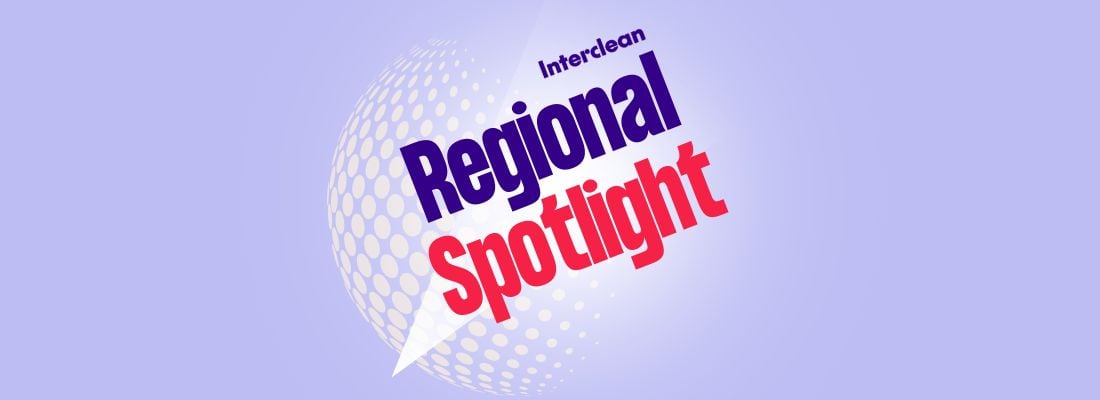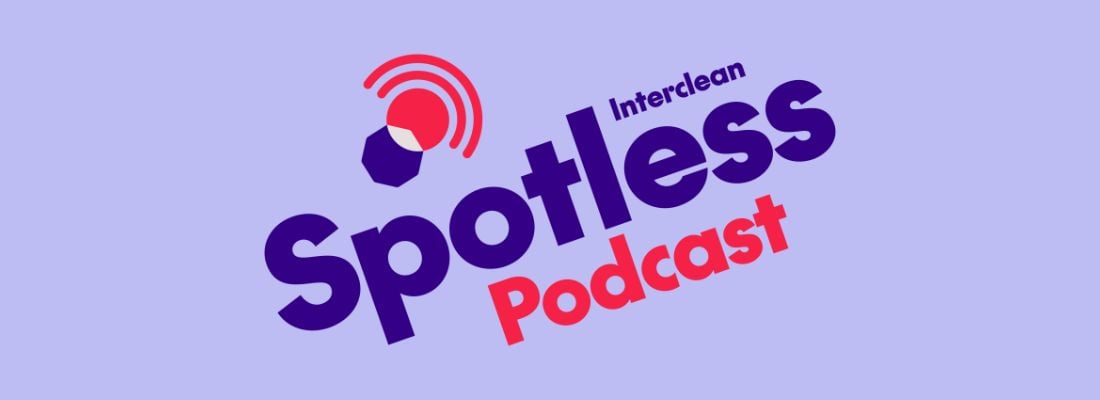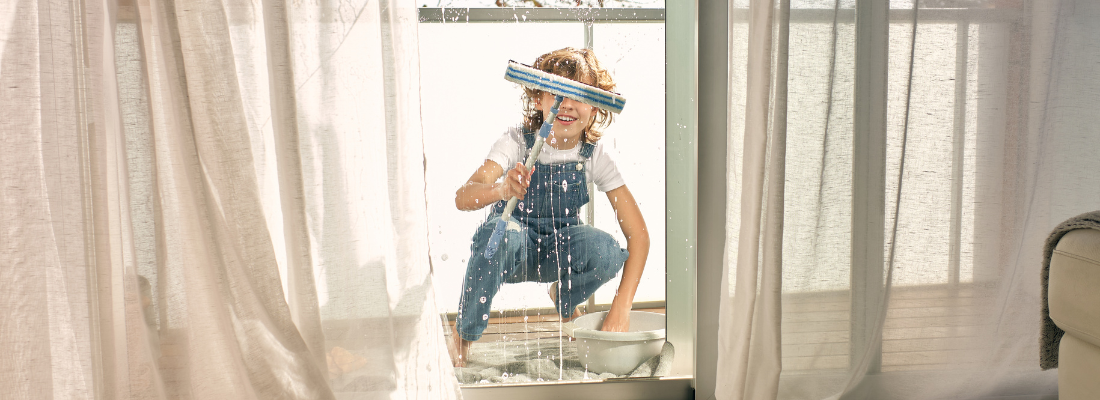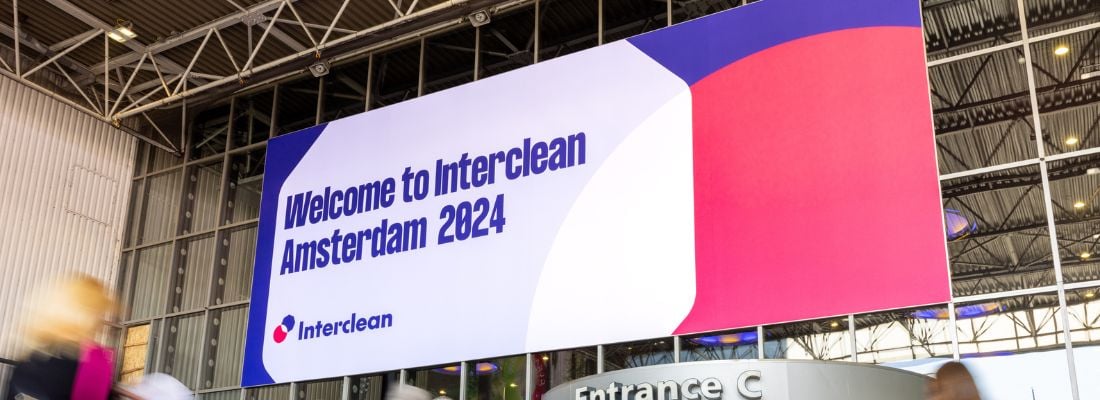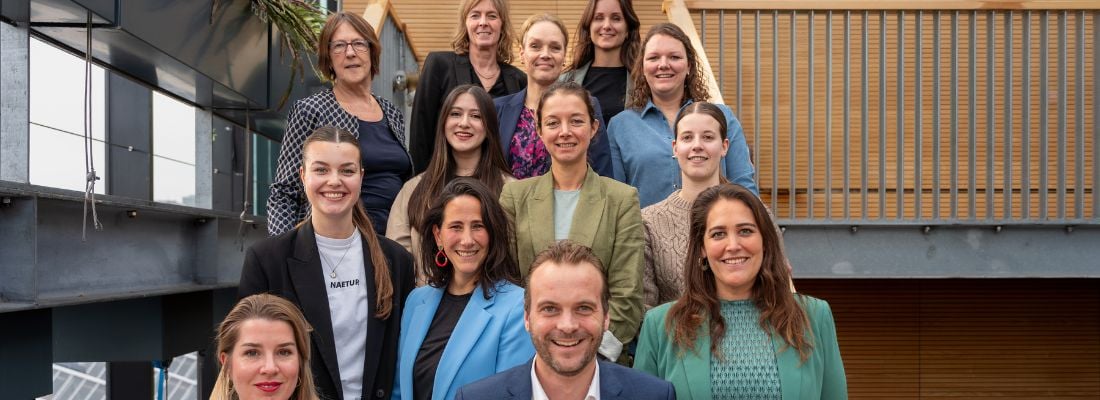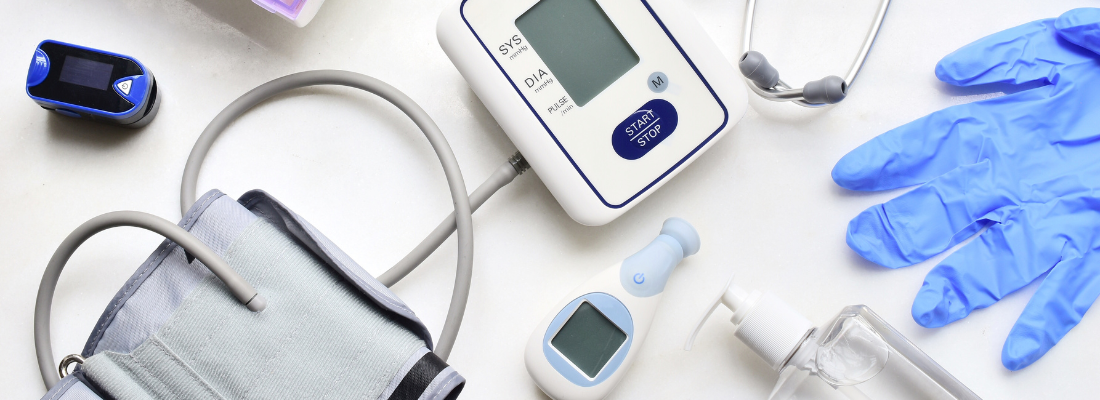Loading component...
Regional Spotlight: South Africa's cleaning and hygiene market developments
In this edition of our Regional Spotlight series we zoom in on South Africa, to explore the current state of the cleaning and hygiene industry. We spoke with Johann van Vuuren, editor of African Cleaning Review.
How would you describe the current state of the cleaning and hygiene industry in South Africa?
South Africa is regarded as one of the most mature, largest and best formalised cleaning markets in Africa, with a large contract-cleaning sector, established local suppliers, and faster adoption of higher-value services including disinfection, audits, and ESG-focused offerings.
The cleaning industry, like many others, has seen rapid advancements in recent years. Innovations in technology and shifts in best practices are transforming how cleaning services are delivered, enhancing efficiency, effectiveness, and health outcomes.
The cleaning and hygiene industry market, valued at over US$ 1.497 million in 2024, is projected to experience growth over the next 8 years with forecasts projecting it reaching US$ 2.046 million by 2032, driven by increasing urbanisation, rising disposable incomes, and a growing awareness of hygiene and sanitation.
The industry is characterised by a mix of small to medium businesses and large corporations, offering both routine and specialised cleaning services. Growing awareness of hygiene and cleanliness standards, coupled with the need for efficient and cost-effective cleaning services, is propelling market growth. Additionally, businesses are increasingly outsourcing cleaning tasks to focus on core operations, further driving demand.
What are the top 3 trends that are shaping your market right now?
The industry is witnessing a shift towards sustainable and eco-friendly cleaning solutions, driven by consumer awareness and government regulations. In today’s environmentally conscious world, businesses are under increasing pressure to operate sustainably. From reducing water consumption to cutting down on energy use, every effort counts towards building a greener future.
Environmental sustainability has become a core pillar of business success. The cleaning industry faces mounting pressure to deliver exceptional results while minimising ecological impact. This is driven by growing consumer demand for green practices and increased transparency required by regulatory bodies. To meet these challenges, modern cleaning services must align with environmental goals while maintaining high performance.
The industry has witnessed the increased use of robotics, especially for large or repetitive tasks, sensors and “smart” cleaning scheduling tools, remote monitoring, and data analytics, as these reduce labour cost, improve consistency, whilst enhancing service levels.
Also, training and quality assurance has become key differentiators. Companies able to provide certified hygiene standards, well-trained staff, and transparent monitoring are gaining a competitive advantage.
Clients increasingly expect not just “clean” but “hygienically safe” environments, following health regulations, audits, safety credentials etc. There is more scrutiny on quality, chemicals used, traceability and microbial control.
Which sectors are driving most of the demand for new solutions? Why?
In healthcare settings, maintaining cleanliness is crucial for protecting patient health, supporting staff safety, and ensuring regulatory compliance. Healthcare-acquired infections (HAIs) remain a significant risk that impact patient outcomes and the facility’s reputation. This makes healthcare cleaning practices essential.
By implementing a comprehensive cleaning strategy, facilities can reduce infection risks, enhance patient experience, and create a safer environment for everyone. Hospitals are very complex systems with many stakeholders, and they have many types of critical surfaces that require frequent cleaning. All of this poses unique challenges for hospital environmental cleaning and disinfection.
Technological innovations, such as AI-powered cleaning robots and IoT-enabled cleaning devices, are also gaining traction. The increasing demand for commercial cleaning services from sectors such as healthcare, hospitality, and transportation is expected to further drive industry growth.
What are the biggest challenges for cleaning professionals or companies in South Africa today?
Issues like loadshedding (power cuts), water restrictions, supply chain disruptions, rising input costs, intense competition leading to price wars, and margin pressure, plus skills shortages and training gaps, are external pressures that are shaping how companies must operate.
Clients, especially in commercial or institutional sectors, are cost-sensitive, and may push for cheaper solutions - which can produce trade-offs in quality.
Finding and retaining well-trained cleaning staff is difficult. Many cleaners lack formal training in hygiene standards, resulting in high attrition and inconsistent performance.
For smaller players, investing in better equipment, safer/greener chemicals, training, and meeting regulatory or corporate audited hygiene standards, is expensive. This results in certain companies having to cut corners, which risks non-compliance, loss of contracts, and reputational damage.
How has the role of data or digital tools changed how cleaning is managed in your market?
In a world that demands higher cleanliness standards, smart hygiene technology has become essential. From automated dispensers to sensor-based cleaning schedules, these innovations are redefining hygiene protocols in offices, shopping malls, and healthcare facilities across South Africa.
For frontline cleaning staff, digital applications offer numerous benefits. A fit for purpose-designed app provides structured guidance on daily and periodic cleaning tasks, helping teams stay organised and efficient. It enables instant reporting of completed work and incidents, improving response times and accountability. Moreover, access to digital documentation, cleaning protocols, and training materials ensure that staff remain well-informed and compliant with industry standards.
Studies across South Africa show that digital exclusion impacts not only productivity but also employee retention. Workers not connected to their company’s communication ecosystem are more likely to disengage and companies experience high turnover. For a labour-intensive sector like cleaning, this represents a real business risk. To overcome this, payroll-linked mobile solutions have emerged as an effective way of putting smart devices into the hands of every employee.
Known as the Connect Team model, this approach links device access to payroll or stipends, enabling employees to acquire a smartphone or tablet without upfront capital expenditure. Going forward every employee can be equipped with a reliable device, pre-loaded with the apps and tools needed for their specific role. For cleaning companies, this could mean digital timesheets, health and safety checklists, training modules, or direct communication from HR.
Are there any recent local policies, certifications, or regulations that are impacting the industry?
The introduction of compliance audits by South Africa’s largest cleaning industry body, the National Contract Cleaners Association (NCCA) whose members cumulatively employ more than 94 000 cleaners, has been a game changer in terms of protecting the professionalism, integrity, and credibility of its members through adherence to a code of ethics and compliance with all legislative requirements applicable to the industry.
Given the competitive nature of the industry, contract cleaning companies looking for an advantage welcome the opportunity to be audited and being found ‘compliant’ and to then use this status as part of their marketing activities.
NCCA compliance auditors have extensive knowledge of the industry and provide guidance to those members who do not quite make the mark and to bring these companies up to standard to reach compliant status.
The NCCA compliance workshops are offered free of charge with a view to educate and assist start-up member companies with what the legal requirements are pertaining to this sector and for the purpose of assisting members in understanding the benefits of compliance within their business.
Article by: Johann van Vuuren, Editor, African Cleaning Review
Share your stories with us!
Do you have an innovation or interesting news you would like to share with the professional cleaning and hygiene industry? The Interclean website and social media channels are a great platform to showcase your stories!
Please contact our press department interclean@rai.nl.
Are you an Interclean exhibitor?
Make sure you add your latest press releases to your Company Profile in the Exhibitor Portal for free exposure.
